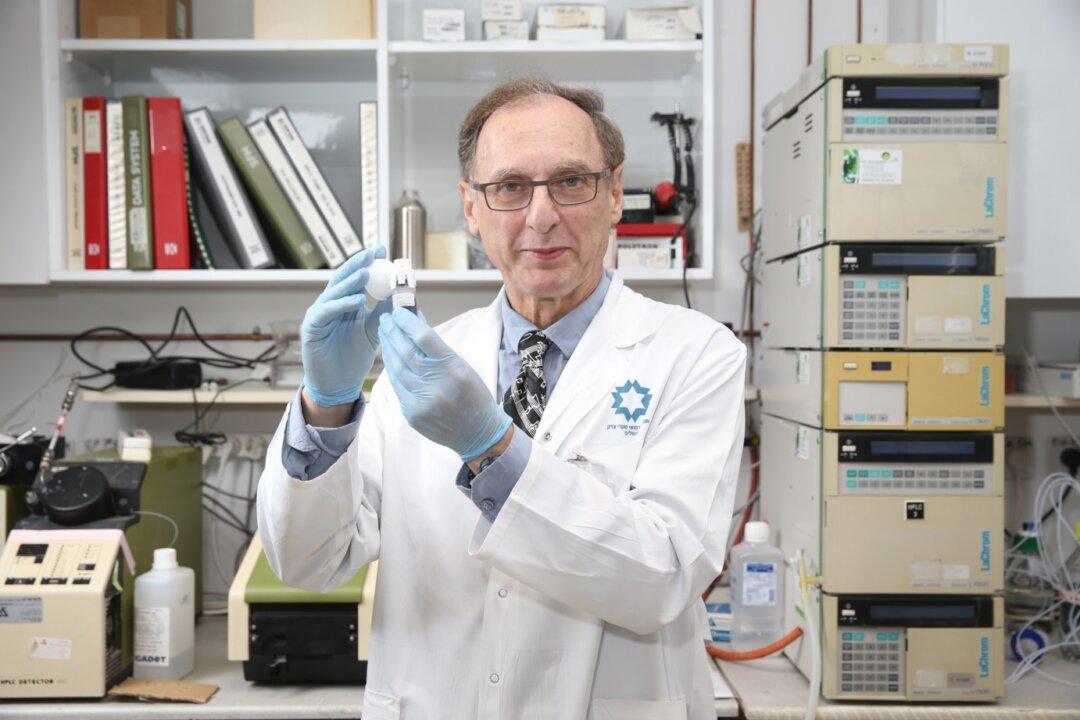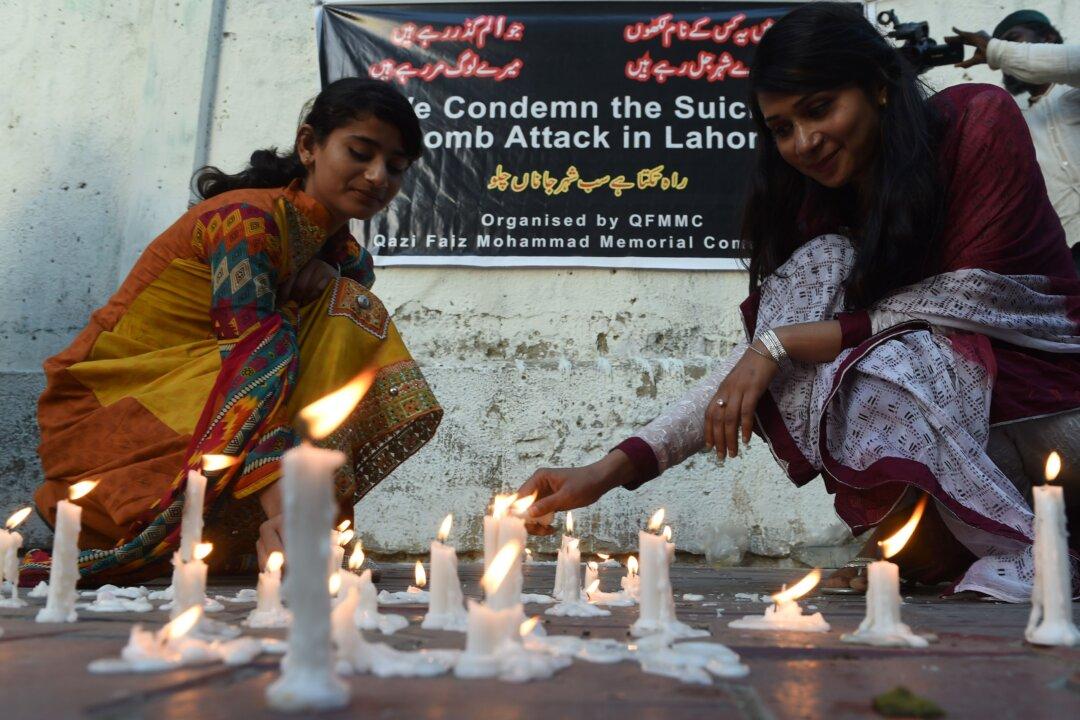In 1975 the nation of Israel, founded as a sovereign Jewish state in 1948, faced a crisis in its medical research programs that was indirectly the result of the three major wars it had fought over the previous 27 years. The crisis was not directly war-related, because Israel had mostly separated its medical research from its military programs. However, the cost of the three wars then already fought, and the cost of preparing militarily for the future wars that its neighbors threatened and later were to come, had created a severe government shortage for medical research.
By 1975 the crisis had in fact reached its boiling point. Frustrated by this deficiency of funding, Israeli oncologists, research physicians, and medical scientists in alarmingly increasing numbers were leaving hospitals and universities in the small Jewish state and relocating instead to well-funded research facilities in America, Canada, and Western Europe.
Recounting the problem that confronted Israel at the time, Eric Heffler, the national executive director of the Israel Cancer Research Fund (ICRF), which was founded, not coincidentally, in 1975, by a cadre of American and Canadian researchers, doctors, and philanthropists to provide funds for cancer research in Israel, explained when we met in his Manhattan office recently.
“Israel in the middle 1970s was suffering a scientific brain drain that if left unchecked would have made it very difficult to continue to do the work it had already begun to find treatments and cures for cancer, as well as for other deadly diseases,” Heffler said.




